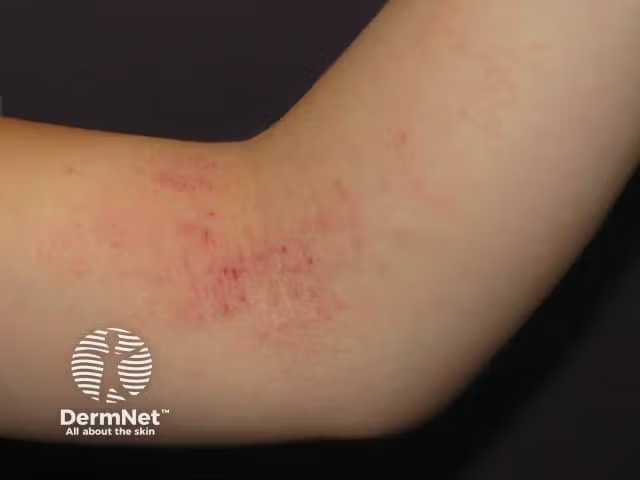- Case-Based Roundtable
- General Dermatology
- Eczema
- Chronic Hand Eczema
- Alopecia
- Aesthetics
- Vitiligo
- COVID-19
- Actinic Keratosis
- Precision Medicine and Biologics
- Rare Disease
- Wound Care
- Rosacea
- Psoriasis
- Psoriatic Arthritis
- Atopic Dermatitis
- Melasma
- NP and PA
- Skin Cancer
- Hidradenitis Suppurativa
- Drug Watch
- Pigmentary Disorders
- Acne
- Pediatric Dermatology
- Practice Management
- Prurigo Nodularis
- Buy-and-Bill
Opinion
Video
Assessing Risk Factors of Oral JAK Inhibitors and Traditional Agents
Ruth Ann Vleugels, MD, MPD, MBA, provides important considerations for clinicians when reflecting upon the safety of oral Janus Kinase (JAK) inhibitors and traditional systemic immunosuppressants.
Christopher Bunick, MD, PhD: Ruth Ann, given this background on the safety of upadacitinib and JAK inhibitors as a whole, how does the safety speak to how you’re going to prescribe these medicines? Compare them with what we’ve traditionally used: immunosuppressive agents like steroids, cyclosporine or methotrexate.
Ruth Ann Vleugels, MD, MPH, MBA: That’s a great question. What you just went through made me think of an important point that I usually discuss with my colleagues when they ask me about my comfort level in prescribing JAK inhibitors. A really important point is that some of the concerns with JAK inhibitors came from the data from patients with rheumatoid arthritis [RA], who have an increased risk of clotting, cardiovascular risk factors, and malignancy at baseline. This makes it the study population different from the population we’re talking about in dermatology, like our patients with atopic dermatitis [AD].
A study that’s really important to think about is when they look at upadacitinib-treated patients with RA, the clotting and cardiovascular risk factors aren’t any higher than when those same patients with RA are treated with methotrexate or adalimumab or even RA at baseline. Similarly, when they follow those patients over time, there’s no increased risk. That’s crucial in thinking about how we consider using medications. We have to know the patient population well. Of course I’m going to think about these risk factors in my patients. Patient selection is important. But the data that are evolving show us that in our patients with AD, these medicines are ones that we can comfortably reach for as long as we select our patients appropriately. More importantly, I’d strongly prefer to avoid systemic steroids in repeated courses for any of my patients with AD. They’re not a long-term solution. Some of these problems we’re discussing in terms of clotting risk and cardiovascular outcomes are higher in patients on systemic steroids or cyclosporine than the medications we’re talking about today, which are also more efficacious. That’s an important point to think about when you’re counseling patients.
TRANSRIPT EDITED FOR CLARITY






